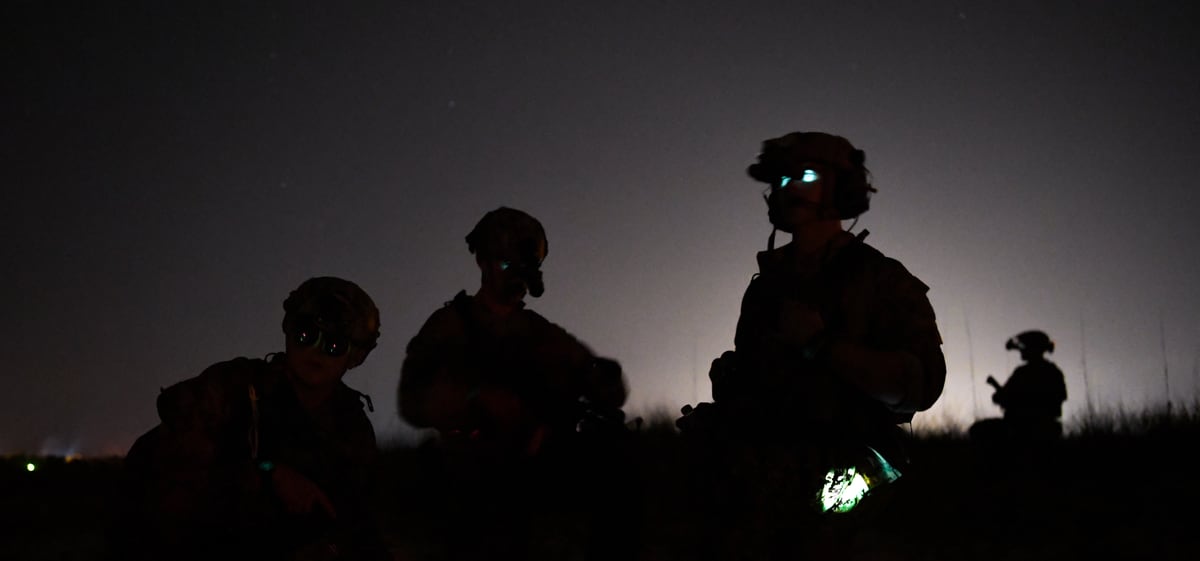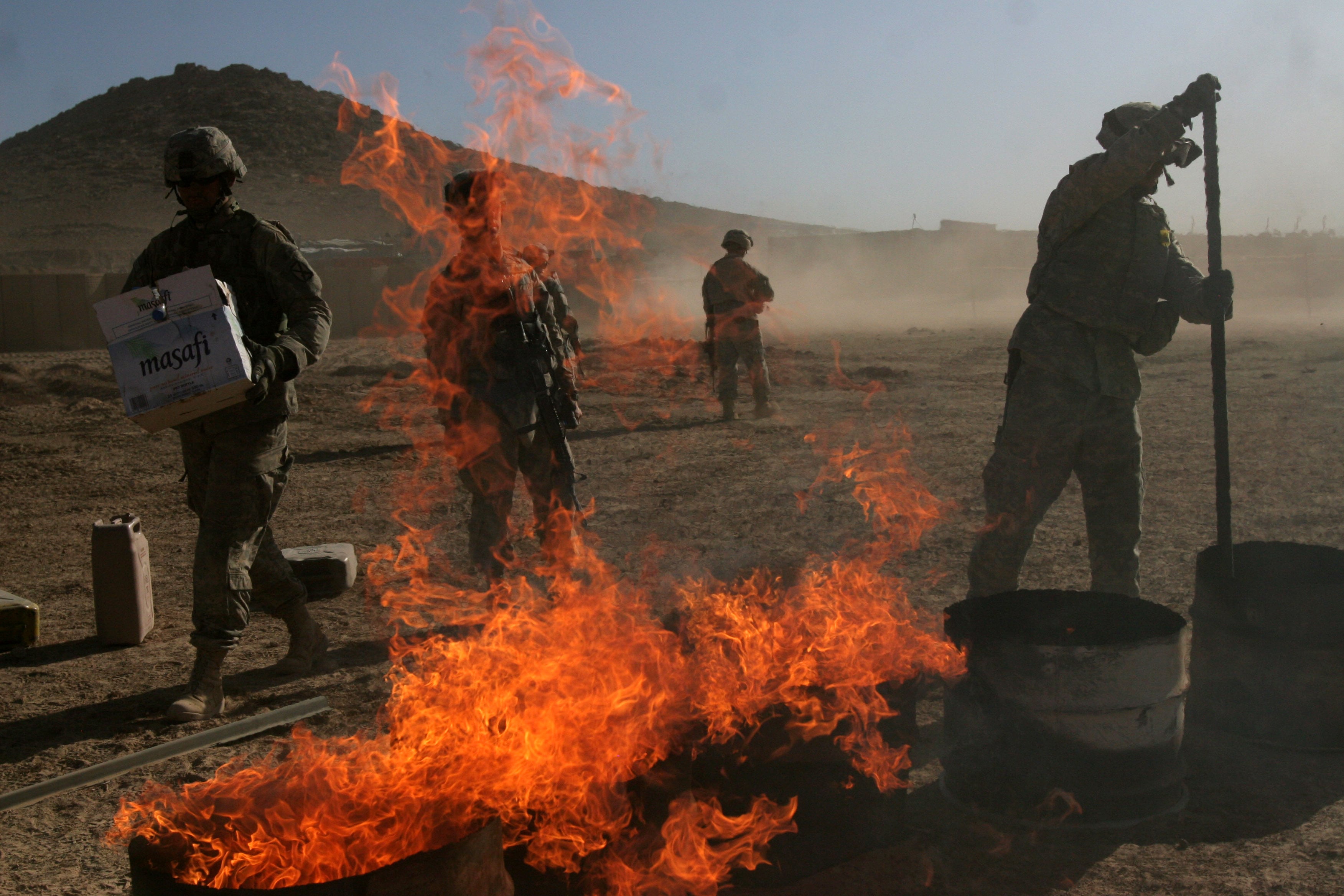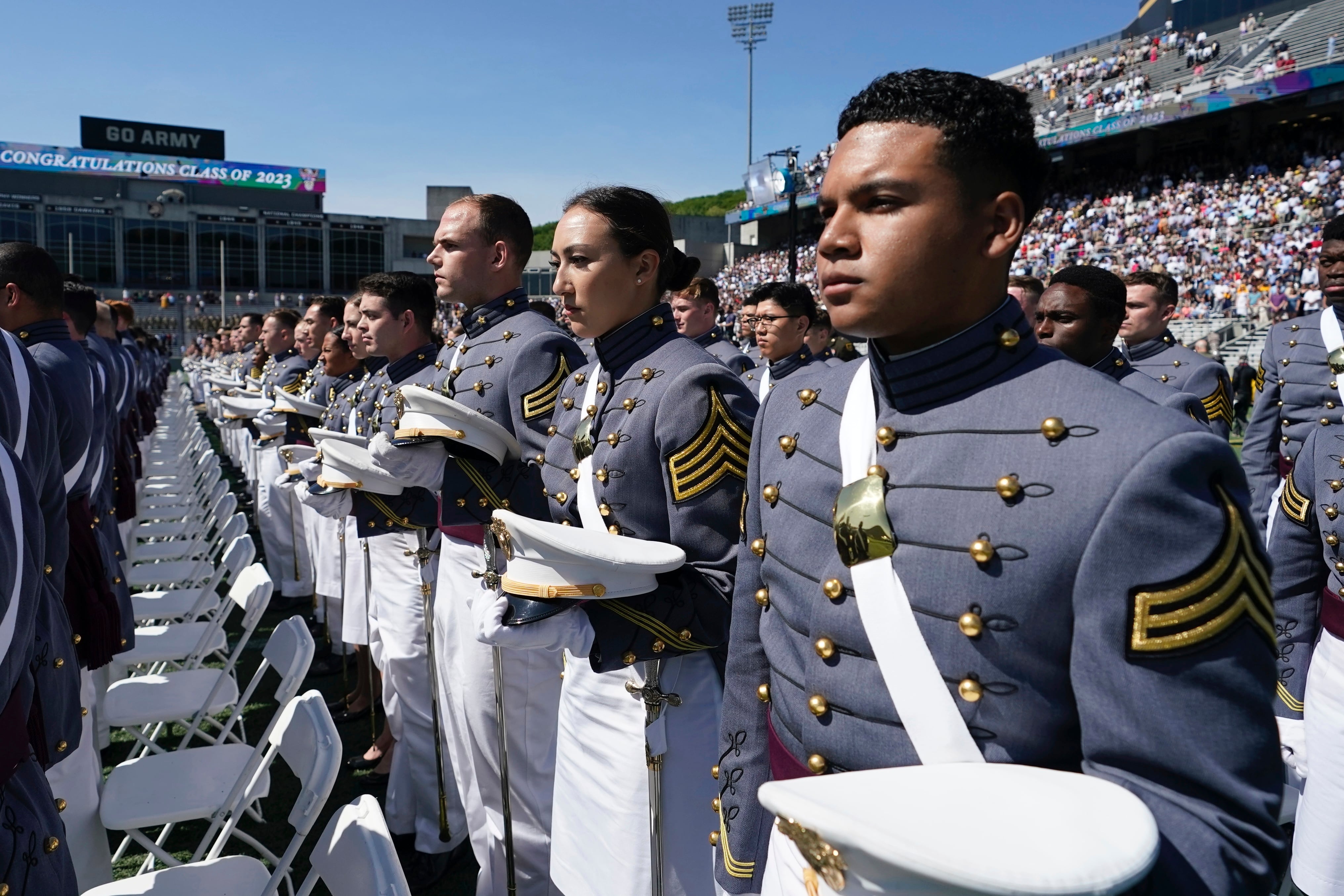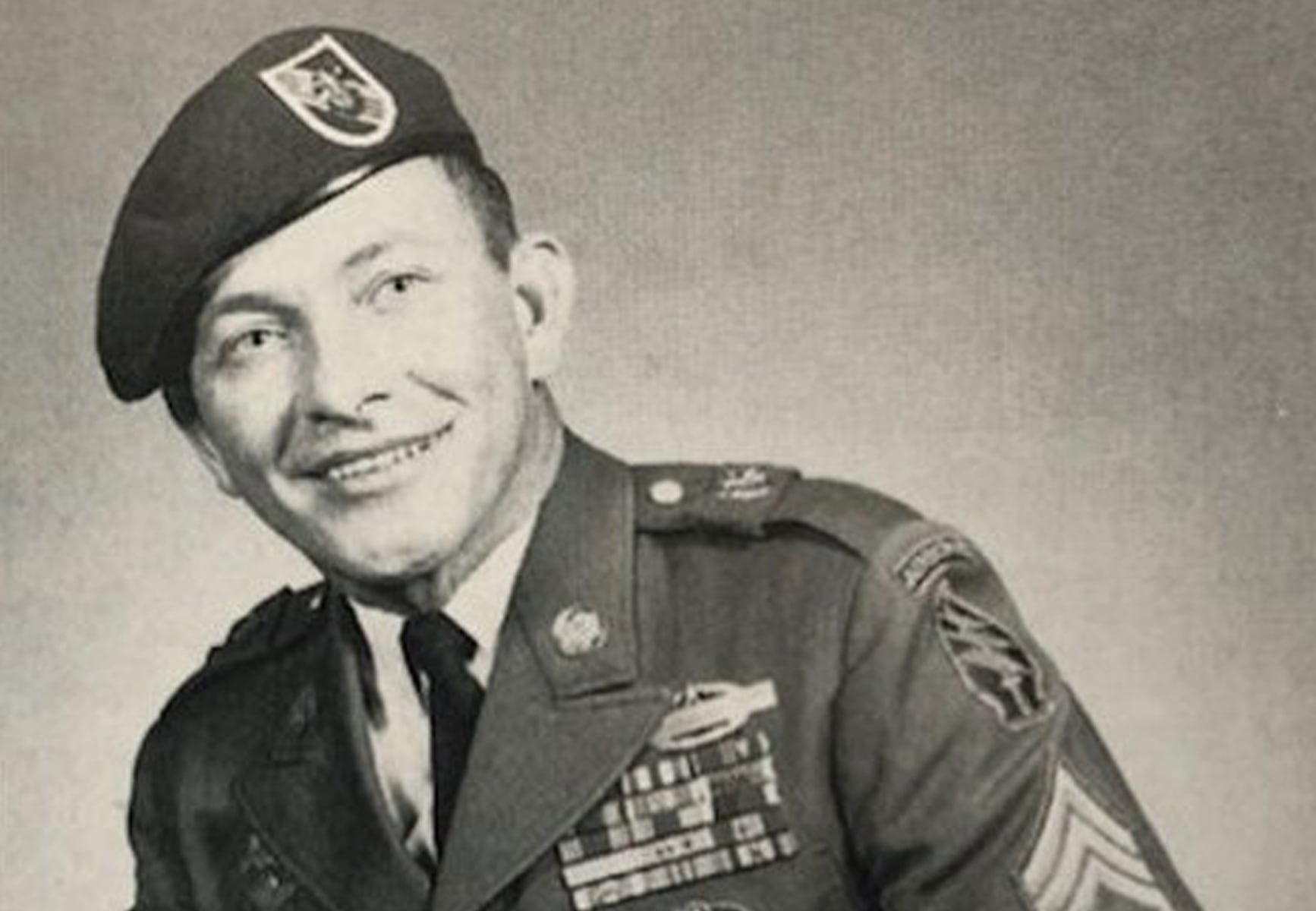Authorities in California on Thursday charged a second Navy SEAL in connection with an ongoing war crimes probe tied to the alleged stabbing execution of an Islamic State detainee in Iraq last year.
Although he wasn’t present during the alleged homicide near the Iraqi city of Mosul in 2017, Lt. Jacob “Jake” Portier faces an upcoming Article 32 hearing for what authorities say was his help in covering up a string of war crimes committed by an enlisted SEAL leader, Chief Special Warfare Operator Edward “Eddie” Gallagher.
Accused of dereliction of duty, the highly decorated Portier insists he’s innocent and his high-profile San Diego-based civilian defense attorney, Jeremiah J. Sullivan III, believes he’ll be exonerated as merely the officer who received the allegations of Gallagher’s misconduct from a lead petty officer and reported them up the chain of command.
“Lt. Portier’s combat service to our country warrants a medal, not a charge sheet,” said Sullivan in a written statement emailed to Navy Times.
The latest arrest highlights what multiple attorneys, senior military commanders in the Navy and special warfare units have whispered to Navy Times: the ongoing Naval Criminal Investigative Service probe isn’t focused solely on Gallagher.
It targets more than a dozen SEALs who also deployed between 2017 and early 2018 to Iraq, plus the senior enlisted and commissioned leaders in Naval Special Warfare Group 1 who handled allegations of war crimes as they percolated up the chain of command.
So far, however, only Gallagher has been placed into pretrial confinement. He was arrested on Sept. 11 and is detained in San Diego’s Naval Consolidated Brig Miramar.
RELATED
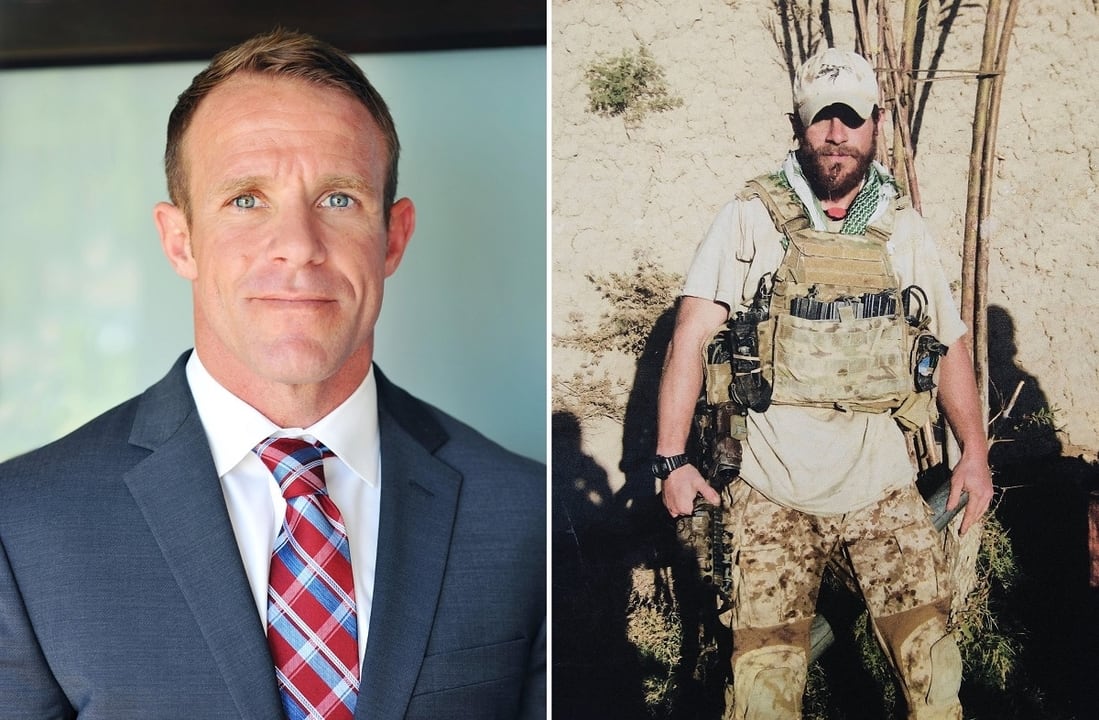
Leaked to Navy Times, Gallagher’s charge sheets allege that on May 3, 2017, he stabbed a wounded Islamic State fighter in the body and neck until he died.
After the alleged slaying, prosecutors say that Gallagher posed for a photograph next to the body, operated an aerial drone over it and opted to “complete his reenlistment ceremony next to a human casualty," misconduct which brought “discredit upon the armed forces.”
Gallagher, 39, also faces a pair of aggravated assault charges tied to allegedly separate incidents near Mosul.
On June 18, 2017, he allegedly shot “a noncombatant male person” and sometime during the next month gunned down a “noncombatant female person,” according to the charge sheets.
Navy Times tried to ask SEAL leaders who these alleged sniping victims were and what, if anything, was done to treat their wounds, but they declined comment.
“Naval Special Warfare does not comment on specifics of an ongoing investigation in order to preserve its integrity, however all credible allegations of criminal activity are taken extremely seriously and thoroughly investigated,” said command spokeswoman Cmdr. Tamara Lawrence in a written statement emailed to Navy Times.
NCIS also has declined comment, citing the ongoing probe.
A Navy gag order on the graphic nature of the alleged evidence — including helmet camera footage of the Islamic State fighter before and after he died, claims by SEAL witnesses of detainee torture by Iraqi government forces and other war crimes — handicaps everyone tied directly to the case from speaking publicly.
Portier was Gallagher’s platoon leader and he remains proud that he brought home all of his operators alive after savage fighting in Iraq. He was not present when the wounded ISIS fighter was brought in to be interrogated by Iraqi forces and he told investigators he learned about the alleged war crimes only after they repeated to him by a special operator first class.
According to his attorney Sullivan, Portier “then forwarded the allegation up the chain of command so the matter could be investigated. Lt. Portier went so far to seek legal advice from the Naval Special Warfare Group ONE Staff Judge Advocate who stated they needed a sworn statement before they could investigate.”
When asked if authorities had charged Portier to squeeze him to “rat up or rat down” his SEAL chain of command, Sullivan declined comment, but pointed out that his client hasn’t been charged with obstructing justice. It remains unclear if Portier even knew about the allegations against Gallagher until he was told by the lead petty officer.
Gallagher, however, faces three obstructing justice specifications tied to what prosecutors contend was an ongoing effort by the chief to cover up alleged war crimes.
Authorities claim that he began in 2018 to “discourage members of his platoon from reporting his actions while in Iraq during his deployment," a pattern of misconduct he repeated until April 2018 when the formal probe kicked off.
Between April and September in and around San Diego, Gallagher allegedly reiterated to fellow service members to stay quiet about what reportedly happened during the Iraq deployment.
Gallagher also has been charged with abusing a controlled substance — Tramadol Hydrochloride, a pain reliever — while on the combat deployment.
He drew another specification for unlawfully possessing Sustanon-250, an anabolic steroid allegedly discovered during a June 20 NCIS search of his residence in military house at Naval Base Point Loma.
One of Gallagher’s criminal defense attorneys, Phillip Stackhouse, said that the legal team’s initial investigation determined that no crimes had been committed in the aftermath of the May 3, 2017, firefight between SEALs and ISIS militiamen.
He said that Gallagher has had a prescription for Tramadol for a long time.
As for the steroid allegedly turned up by NCIS agents, Stackhouse said that they “were still working through the evidence and that’s not high on our list of priorities now.”
Naval Special Warfare’s Lawrence reiterated to Navy Times her command’s no-tolerance policy on unlawful drug use.
“Unauthorized drug possession and/or use is prohibited for all service members, and all sailors must comply with the Navy’s drug policy,” she wrote. “Naval Special Warfare holds its service members to the highest standards of personal and professional conduct and abides by the Navy drug testing system and associated disciplinary and administrative processes.”
Two charities have sprung to Gallagher’s defense. The Virginia-based United American Patriots, which advocates for service members fighting war crimes charges, and the Navy SEALs Fund in Ohio are collecting donations on his behalf.
Prine came to Navy Times after stints at the San Diego Union-Tribune and Pittsburgh Tribune-Review. He served in the Marine Corps and the Pennsylvania Army National Guard. His awards include the Joseph Galloway Award for Distinguished Reporting on the military, a first prize from Investigative Reporters & Editors and the Combat Infantryman Badge.
